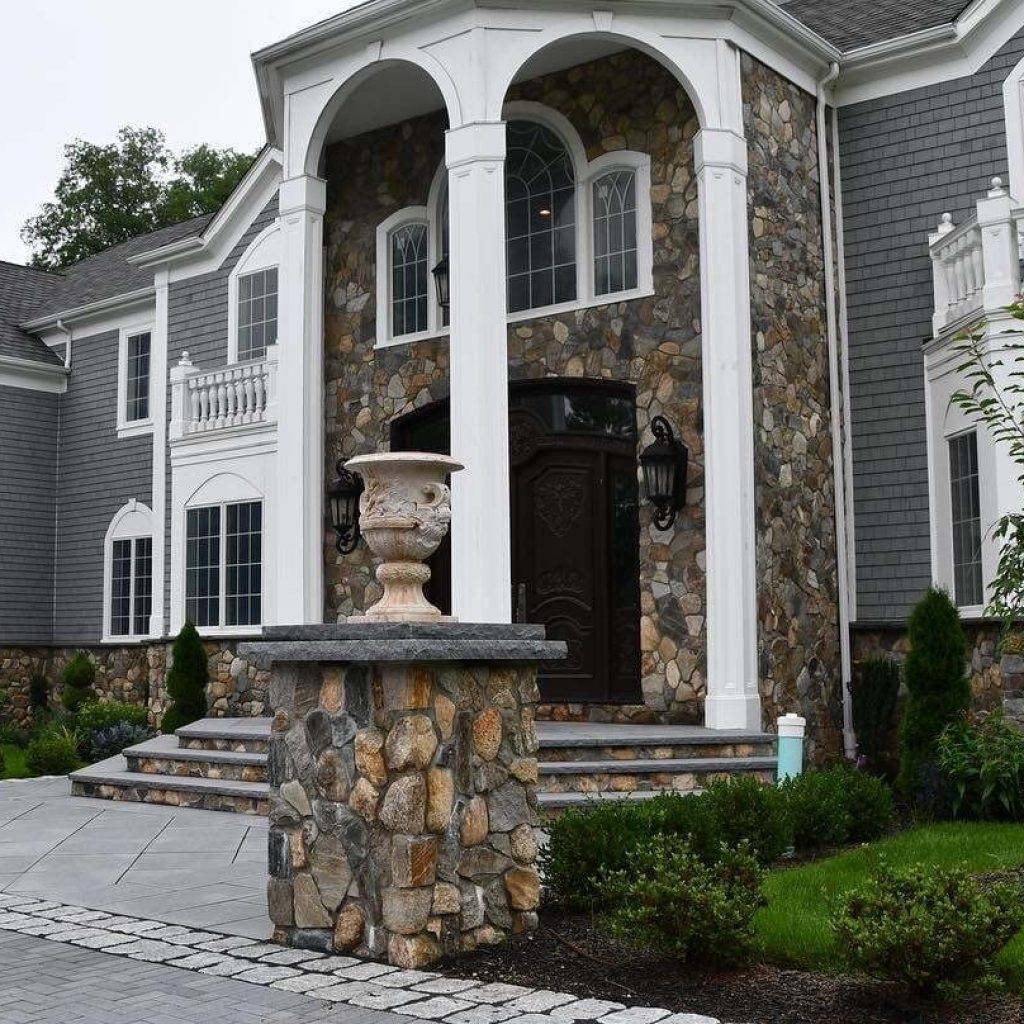Many people believe real estate strictly involves buying and selling homes through licensed agents, but that’s simply not the case. In fact, there’s a whole segment of real estate that anyone can take on: house flipping. House flipping involves buying a neglected property and fixing it up for a higher resale value. While this might sound complicated, this beginner’s guide to house flipping for maximum profit will help you turn it into a lucrative hobby or career.
Do Your Budgetary Research
The first thing to know about flipping houses is that they’re an investment. This much should seem obvious, but many beginning house flippers don’t consider the financial implications of such a large project. Before you make any renovations, do your budgetary research. Understand the risks and rewards that come with house flipping, such as mortgage payments, utilities, home insurance, remodeling costs, and property taxes on your flipped property. You may also need to pay for real estate agent costs and upkeep. Ultimately, take these expenses into account before committing to the flip project.
Know Your Location
Like with any part of real estate, there are a few other concerns to keep in mind. For example, you need to know your market. Research your competition and financing options. Flipping a house means selling it fast, so knowing the local real estate market ensures speedy, efficient turnovers. In the same vein, knowing the after-repair value of the property helps you determine the amount of money you can afford to lose in case home buyers stall. Good negotiation strategies will ensure your return on investment remains high enough that you don’t end up with a net loss.
Hire a Financial Consultant
Another important strategy in this beginner’s guide to house flipping for maximum profit is to hire a financial consultant. Hard money lenders help streamline the logistics of the house flipping process, especially in hard-to-sell locations like Wyoming, Montana, or Oklahoma, where real estate is cheaper than in other states but doesn’t attract suitable buyers as easily. With the right financial loans, you can easily turn a struggling house flip into a profitable enterprise. Simply put, the more money available to you, the more extensive renovation projects you can undergo. More so, hard money lenders offer quick financial loan options so that you can start projects as soon as possible.
Network
Networking also helps. The role of a house flipper is to turn a fixer-upper into a comfortable living space. That means you don’t need to stress over marketing or selling the property itself, but this is where networking with real estate agents and potential home buyers comes in handy. Reach out to local agents to list your properties for interested buyers. Also, find trusted contractors to perform the necessary renovations. While doing this work yourself saves money, hiring contractors saves time and ensures quality jobs.























